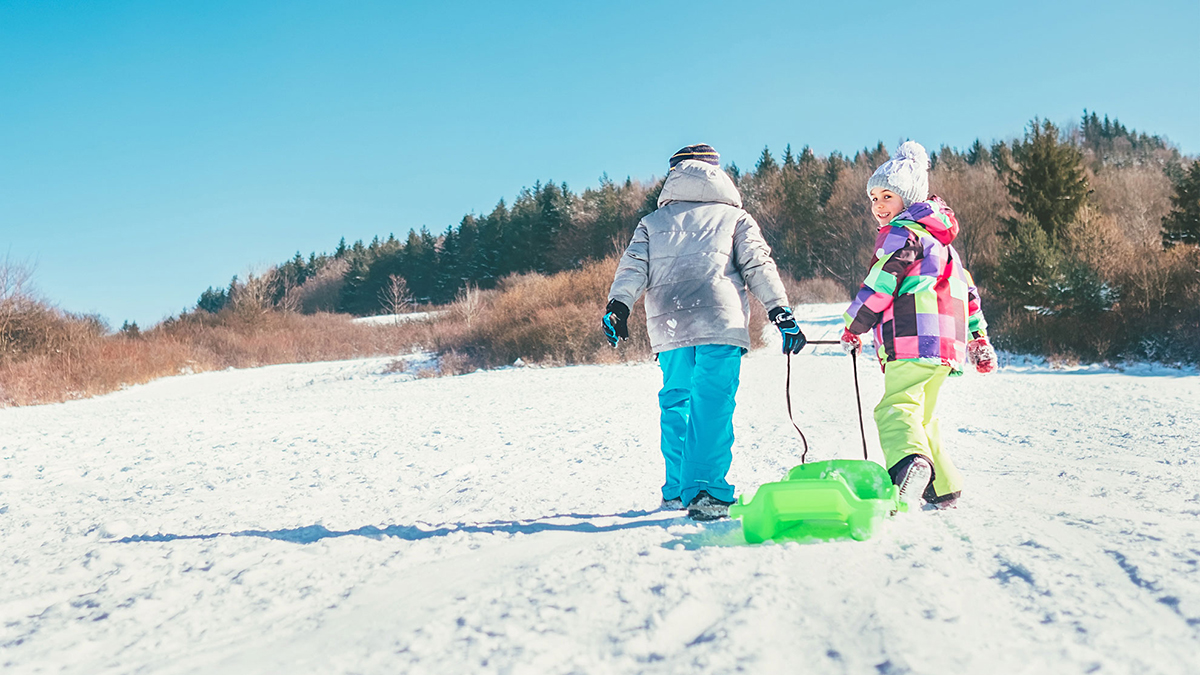112 Day is celebrated on 11 February 2022

112 Day is a Finnish nationwide campaign to raise people’s awareness of what everyday safety is and how it can be promoted. 112 Day has traditionally been a joint event for different safety authorities, organisations and volunteers. Every year, local events are organised across the country and people are actively campaigning on social media.
In 2022, the theme for the campaign is “Feeling safe and secure together”. Feeling safe and secure comes from our sense of security, which can be seen as how our fears and concerns about accidents, crime and similar issues affect our well-being.
How to participate
Local events are an important part of the 112 Day campaign. However, due to the current coronavirus situation, you can participate in the theme day online or without an audience.
The campaign enables safety actors, schools, workplaces, clubs and associations to share valuable safety information to contribute to people’s sense of security. What’s more, we can all improve our own and our loved ones’ safety by paying attention to small everyday actions and choices.
112 Day also reminds us of the European emergency number 112 and of what to do in an emergency.
Share your safety knowledge on social media using the hashtags #112paiva, #112dagen and #112day.
112 Day celebrates its 26th anniversary
Celebrated in Finland since 1997, the 112 Day has already become a tradition.
In 2008, Europe celebrated its first common 112 Day. The European Commission, together with the European Parliament and the Council of Europe, has declared 11 February as the European 112 Day to increase recognition of the emergency number 112 across the EU.
See also
How to instruct different target groups in calling the emergency number
Emergency number emphasised in different ways to different target groups
How to instruct different target groups in calling the emergency number
The 112 Day campaign has issued instructions on calling the emergency number for the general public as well as children and young people, older people and foreign-language speakers. Learn more about the instructions and make use of the associated materials.
The emergency number provides safety for children
Teaching children how to use the emergency number correctly is a safety action. It is important to talk to children about identifying emergencies and encourage them to report an emergency.
Emergency number emphasised in different ways to different target groups
The 112 Day is a nationwide campaign aimed at raising Finnish people’s awareness of the emergency number 112 and how to recognise emergencies. When it comes to 112 training, it is a good idea to consider the characteristic behaviour and understanding of the target group. For example, it is advisable to emphasise different things to children and young people than older people, immigrants and foreign nationals.
Representing your profession at the Independence Day Reception
Anniina Takala, the ERC Operator of the Year, will celebrate the Finnish Independence Day at the Presidential Palace. She feels that the invitation honours the whole profession.
It is safe to talk about self-destructiveness
Thousands of emergency calls are made to the Emergency Response Centres every year involving cases of self-harm or attempted suicide. The purpose of the Suicide Prevention Day is to inform people that help is available and that it's safe to talk about suicide.



